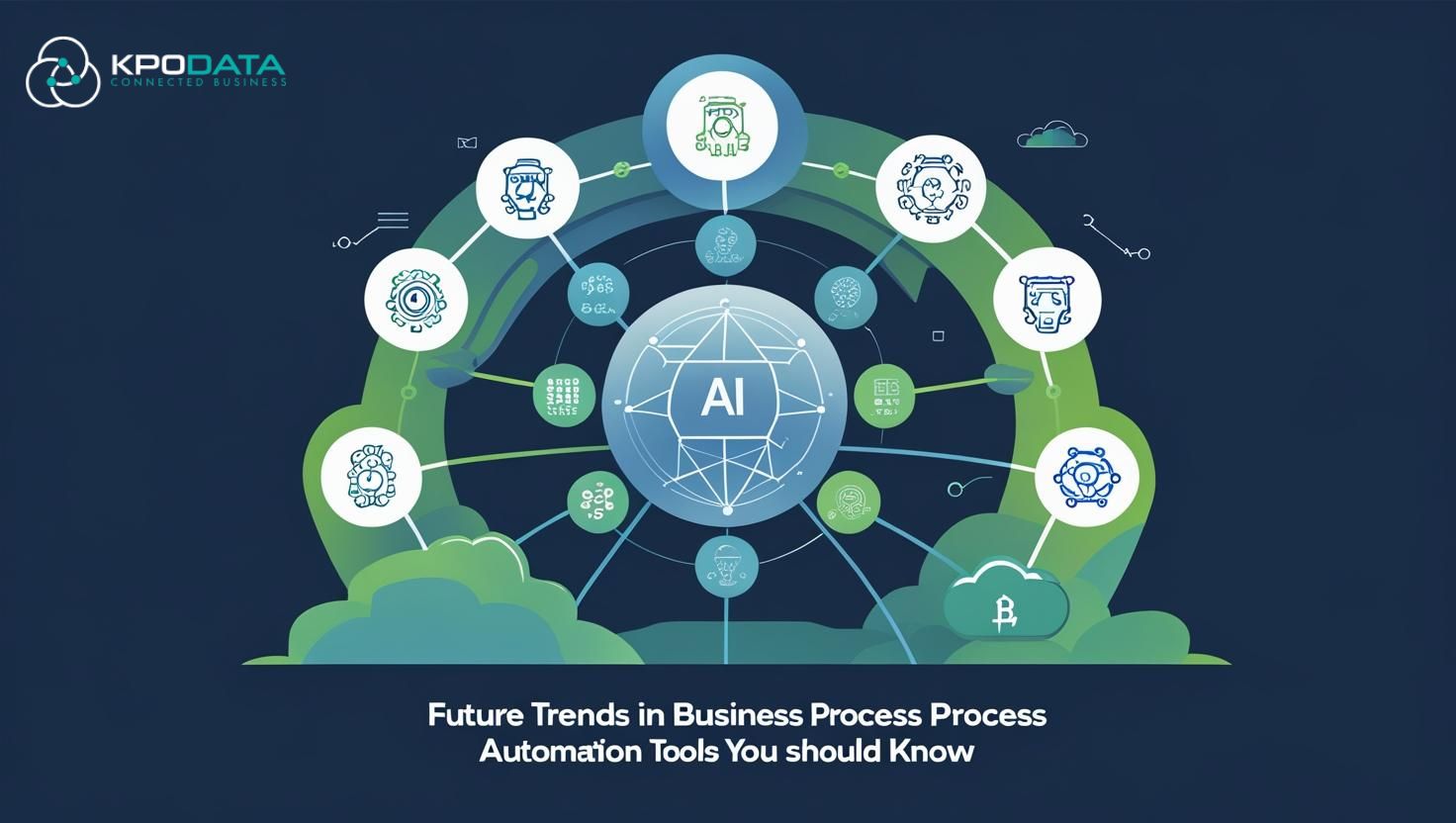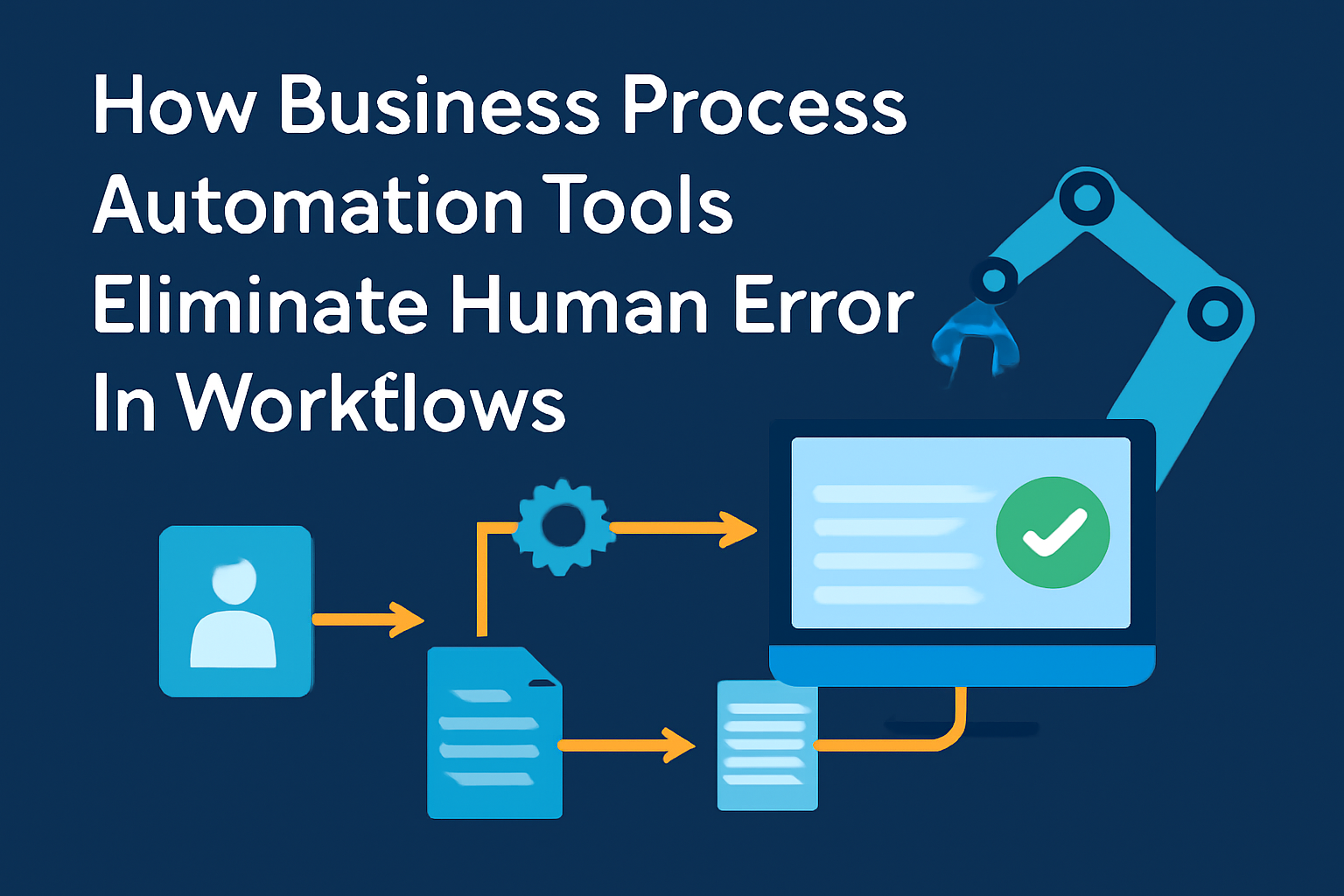
Contemporary businesses face a challenge that requires them to remain competitive in a landscape that is characterized by speed and efficiency. Employers are utilizing innovative technologies that automate the work and bring countable results. With the growth of digital operations, efficiency in streamlining work activities has become a measure of success for organizations.
Enterprises are undergoing a significant transition into making investments in innovative systems where they will eliminate duplication and enhance decision-making. A broad adoption of workflow automation software is facilitating this new age.
Key Workflow Automation Software Trends
In 2025, companies are discovering that their current systems are not keeping up with the demands of the world. New technologies driven by machine intelligence, data analysis, and hyper-personalization are transforming what these systems are capable of performing. Here are the top trends that indicate a strong recommendation that adopting advanced workflow automation software is a business necessity today.
AI-Powered Decision Intelligence
Automation has moved to the forefront of enterprise value, with AI no longer a secondary tool. Predictive analytics can recognize trends across departmental lines and make adjustments in real-time. This empowers managers to anticipate issues before they arise.
Today, the use of AI-driven insights with the tool to automate business processes has transformed the process of decision-making. The situation allows leaders to upgrade the flow of resources to fulfill a demand and minimize inefficiencies. In applications such as these, where the amount of money is affected by the precision and timing of workflow-related issues, these intelligent workflows are proving to be very important.
Hyper-Personalized Enterprise Workflows
Companies have moved beyond generalised solutions and now seek systems customised to meet their departmental requirements. Hyper-personalised workflows enable teams to work with tools that reflect their workflows. This creates alignment without forcing rigid templates.
Custom software development is at the centre of providing these solutions. The ability to design adaptable systems that integrate across functions provides an increased possibility of productivity and preservation of employee connectivity in daily tasks.
Integration With Low-Code Platforms
Low-code platforms are helping to narrow the divide between IT and non-technical workgroups. Enterprises have given employees the ability to design the process flow, rather than requiring extensive coding expertise. This democratization of technology accelerates automation initiatives across organizations.
The combination of low-code development and workflow automation platforms lowers the reliance on traditional development cycles. It also enhances innovation since those closer to the work can innovate solutions to address challenges in a shorter time.
Robotic Process Automation Expansion
Robotic Process Automation has evolved to become a strategic enterprise asset as opposed to a tactical one. Businesses are using RPA to automate repetitive, rule-based processes in finance, HR, and supply chain. These bots are now more intelligent in interacting with any existing digital ecosystems.
RPA with business process automation tools provides end-to-end orchestration of structured or unstructured workflows. This growth provides a competitive edge and allows organizations to expand operations worldwide without a corresponding increase in personnel numbers.
Cloud-Native Automation Ecosystems
The world is shifting towards distributed operations, which is significantly boosting the adoption of cloud-native automation systems. Firms would want the platforms to merge with hybrid and multi-cloud ecosystems to make accessibility and security a reality on scale.
A cloud-based workflow automation platform offers versatility and remote collaboration in real-time across international boundaries. With the integration of custom software development, companies can implement endlessly expandable ecosystems that comply with standards and adapt to new kinds of business.
Conclusion
Efforts to automate will give way to intelligent adaptability by 2025. Companies that adopt an AI-based working environment and equipment will succeed in competitive markets. KPODATA provides companies with high-performance solutions to power workflow automation software, business process automation tools, and custom software development to achieve tangible business outcomes. Find out how KPODATA can help you supercharge your digital transformation process today. Contact us.





